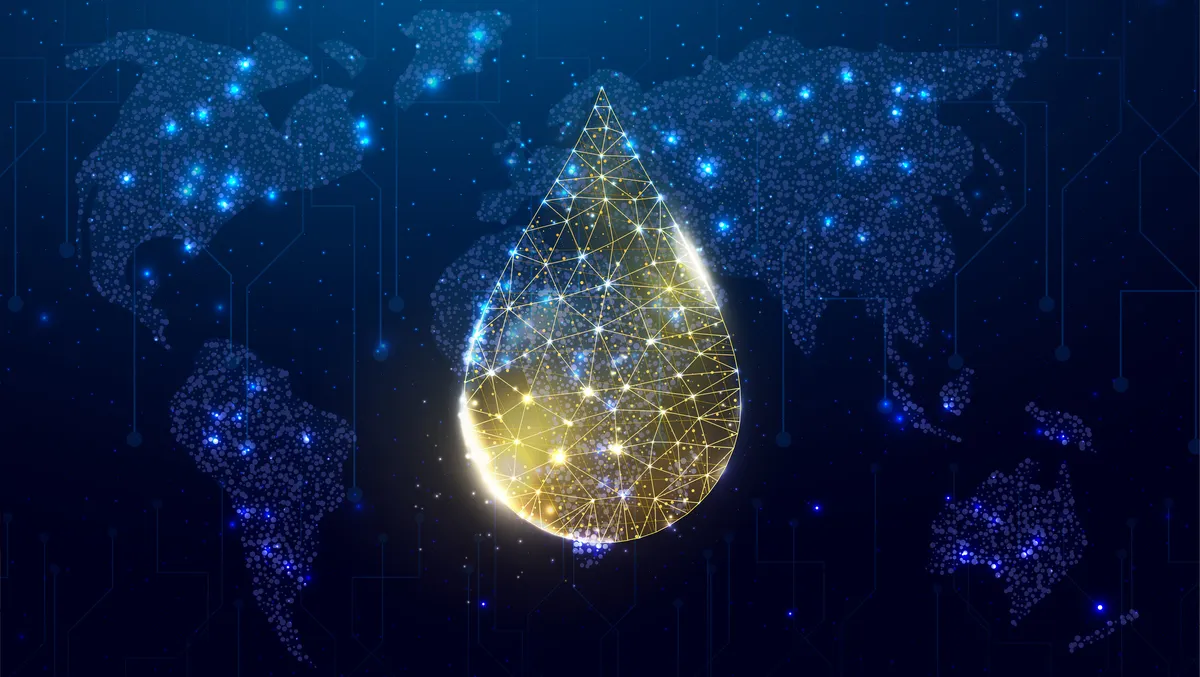
If we’re not careful, data really could be the new oil
The premise that data is the modern-day equivalent of oil has largely been debunked over the last few years, but we are at a crossroads. If we can democratize data, then the argument still holds, but if we fail to make that happen, the analogy might gain new life.
I'm one of many to have penned an article on why data is not the new oil. I don't think I was wrong, but there are worrying developments on a global scale in business that might breathe new life into the data/oil parallel.
If we're not careful, it could, at least partially, become the comeback kid.
We face a world where some business environments have become entirely dependent on one or two platforms that drive the business model and effectively puts the power and control in the hands of one or a few select companies.
Uber, Amazon, Google, and Alibaba are all examples, and while they have undoubtedly delivered real benefits to customers in terms of costs and other service elements, no one would really raise an eyebrow if we mentioned that they have had their fair share of controversy when it comes to their workforces.
Uber, as an example, has been embroiled in numerous wrangles over the legal status of its partners and whether they should be considered employees, and it doesn't take more than a passing glance online to turn up a litany of articles that illustrate the point.
Concentration of power
It is this concentration of power in the hands of the few where the analogy between data and oil most obviously stands up. Used incorrectly, the potential for abuse is considerable where supply could be 'managed' in relation to demand for the benefit of the operator and against the interests of the worker. It is something we absolutely have to guard against.
Indeed, even those much-vaunted customer benefits that are rolled out in support of these platforms might become a thing of the past if cartel- and monopoly-like conditions are allowed to dictate price, conditions and terms.
We've seen that with oil many times. It can be weaponized and used to create all sorts of havoc. And we've seen what it can do to world markets.
Of course, it doesn't need to be like this. We have campaigned consistently and vocally for the democratization of data so that it is open to all and becomes the enabler of an ecosystem where new businesses can grow and develop entirely in accord with the needs of the customer and, let's not forget, without becoming a means of oppressing the worker.
While that's the pitch, we absolutely acknowledge getting there is not easy. It requires significant investment, commitment of resources and quite probably an ideological or evangelical zeal to seeing the creation of the necessary data architecture through to its conclusion, even when prevailing conditions mitigate against it.
Tough but necessary
Like the drive on environmental concerns and carbon emissions, the road is tough but necessary. It's very much what we have been trying to do with our extendable platform as we believe that will help create an ecosystem within construction that enables data sharing and the creation of services that will benefit the industry enormously, help in our work against downtime and create an environment that is a mutual win for the majority. It is incidentally why I am strongly in favour of the basic principle that underpins the EU Data Act, which is likely to be ratified in mid-2024.
This outcome is what we desire. It is not necessarily what we will get. If power is skewed, it will impact innovation, and we will not get those same synergies towards eliminating downtime that will flow almost organically from a more democratic data-sharing universe.
Those who put in the enormous effort to do this and effectively 'refine' the data should, of course, expect to reap the benefits of that, but those benefits should be reasonable and fair. It shouldn't be a platform for tyranny.
To return to the question, is data actually the new oil? Was mathematician Clive Humby right when he coined it in 2006? Though I've outlined my concerns here, I don't think it is. Data like oil needs refining to crunch those numbers and turn them into insights, but once that has happened (easier said than done, of course), it can be reused again and again.
Positively dangerous
Oil is used once, and then it is useless. In fact, it is worse than useless. It is positively dangerous. But if it isn't oil, then what is data analogous to? It might be early in the data journey to come to any hard and fast conclusions, but if there is an energy source that bears comparison, I'd like to proffer wind. When wind hits the turbine, it is filtered and passed on to be turned into power. That is exactly what those in control of the data do to give real meaning to the numbers and filter them towards real learnings.
I applaud the checks that are in place, like GDPR and remain an optimist that the principles of making data ever more transparent and ever more sharable will help steer us towards a more democratic data environment.
The cost of investing to get the correct data architecture in place and the returns over time make it a more viable investment than oil which is incredibly costly to extract from the earth but can only be used once. Data's reuse will, over time, mark it out as something fundamentally more valuable and useful.
That is, if it is used correctly. And in the interests of the many. Not the few.

